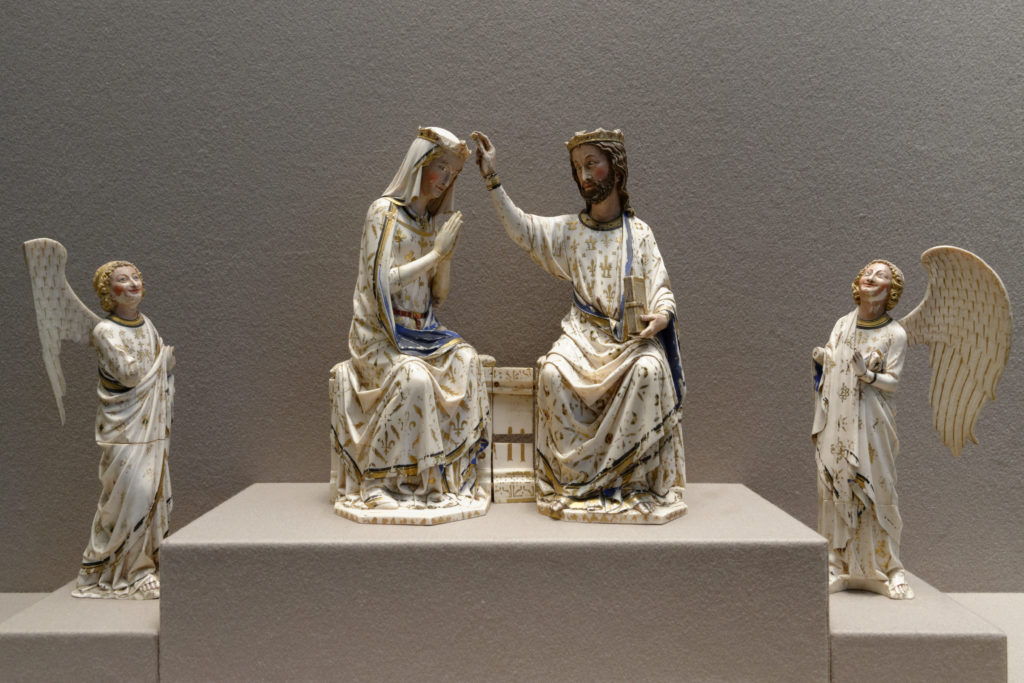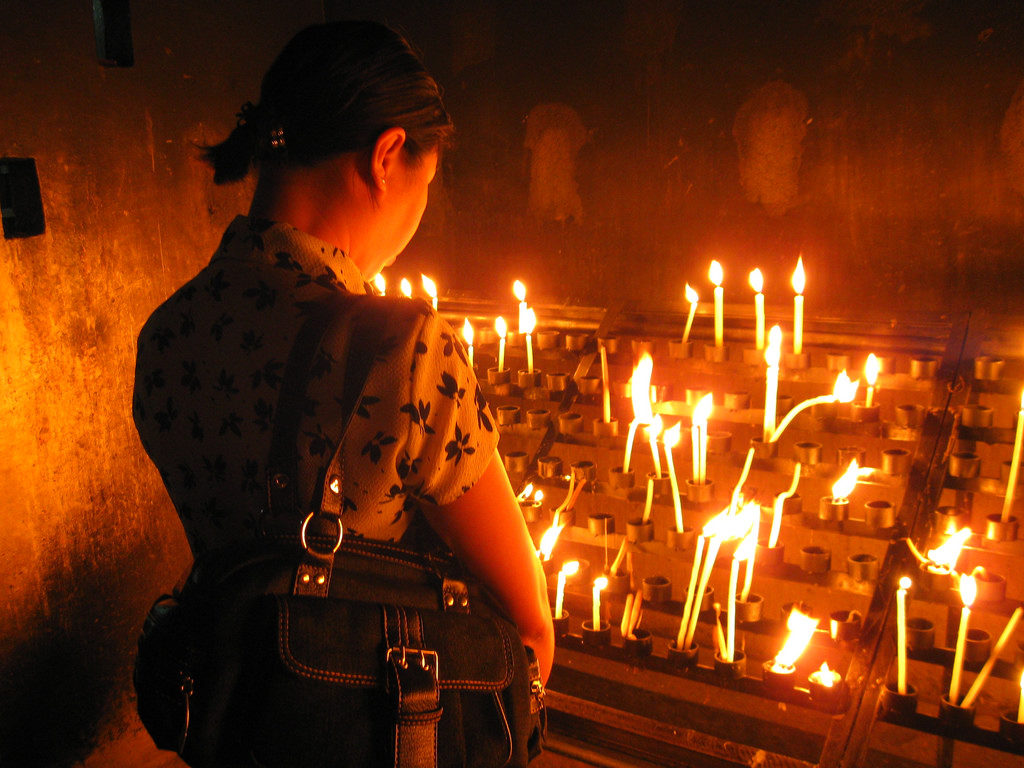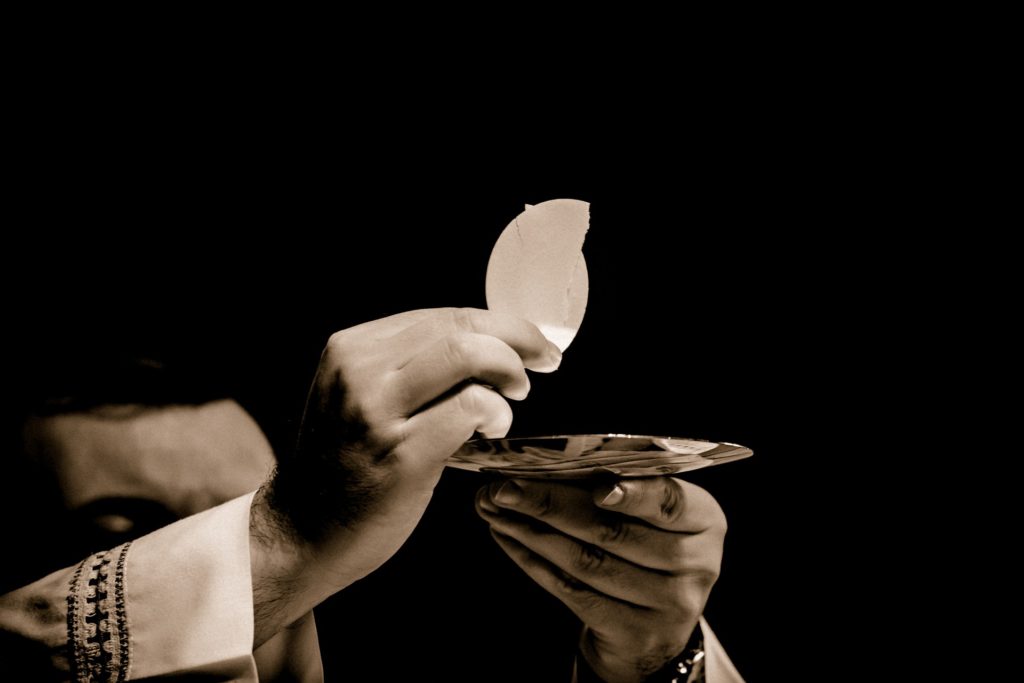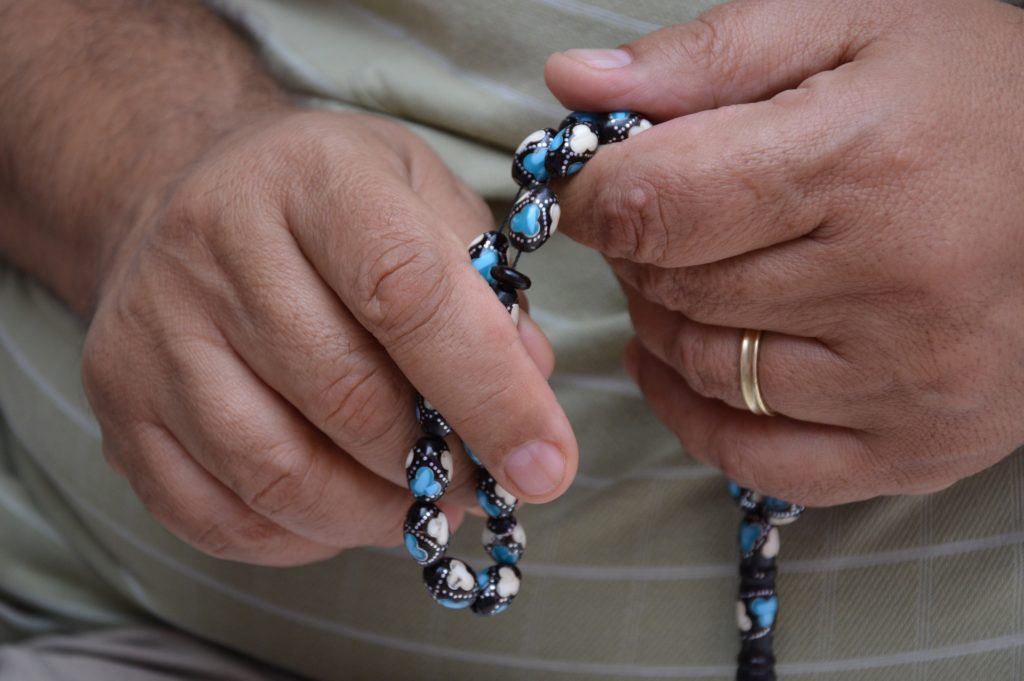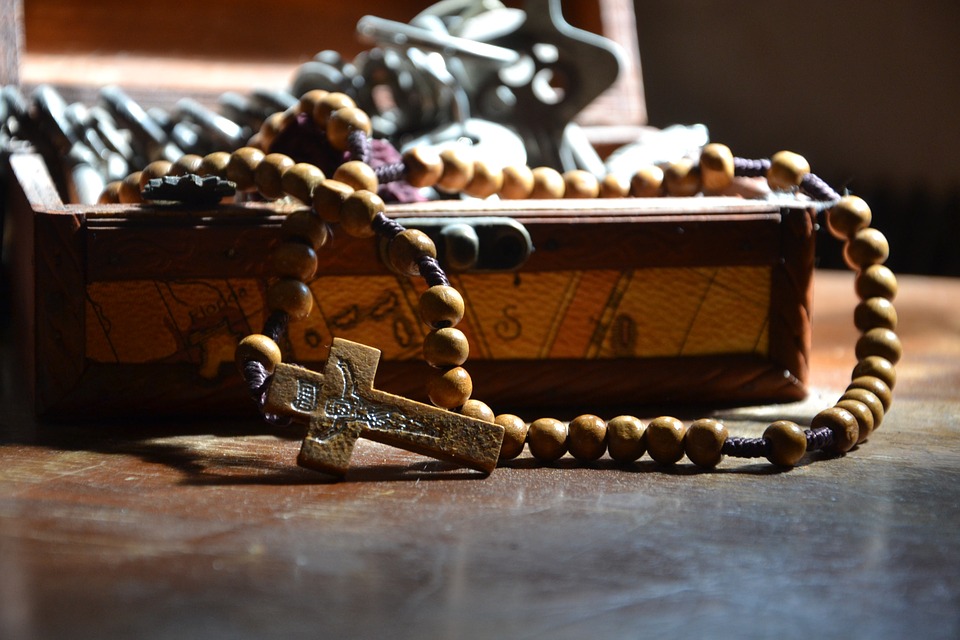Honor Mary by Asking for Her Help
In his article, Prayer takes Practice, Fr. Ed Broom lays out five ways to improve your prayer life. For the TL;DR crowd, the summary is: Conviction — Have faith that prayer is actually important Confession — Mend your relationship with God whenever you sin Set a time and place to pray — Routine helps you […]
Honor Mary by Asking for Her Help Read More »

